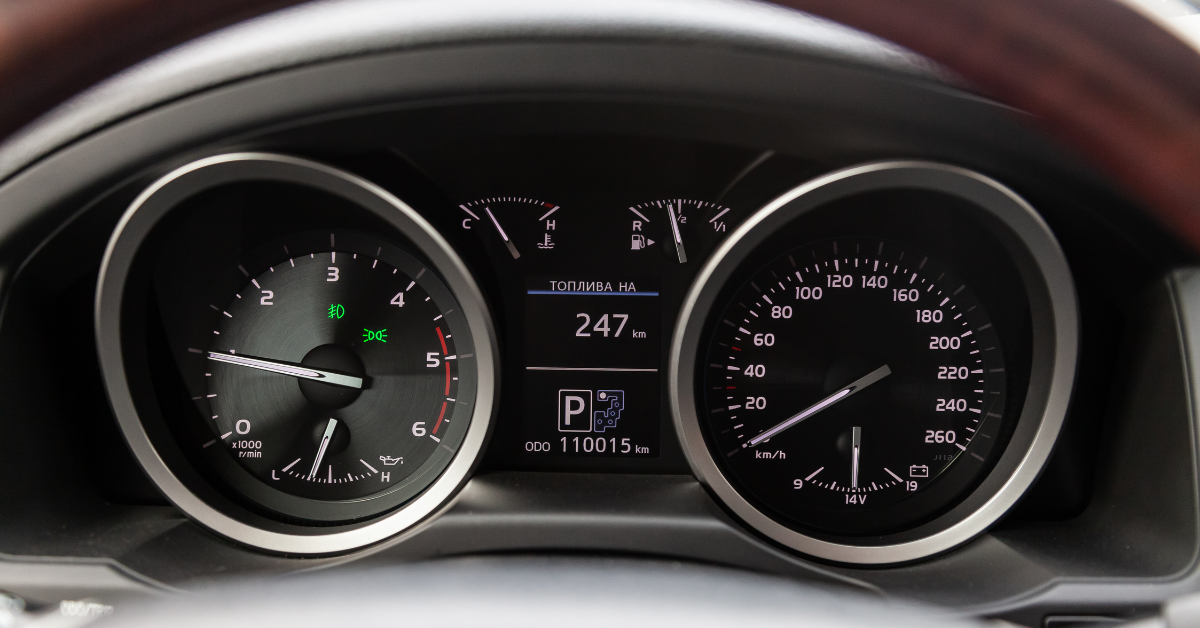The Toyota GR Yaris is a high‑performance hatchback born from rally heritage. With sporty suspension and compact dimensions, it offers a thrilling drive. But how comfortable is it really—in short daily runs and long highway stretches? In this article, we explore GR Yaris’s ride comfort in various scenarios, pointing out strengths, trade‑offs, and what you should expect.
What Kind of Car Is the GR Yaris
Rally Roots Meet Road Car
The GR Yaris is engineered with motorsport DNA. It features a tuned suspension, strong chassis rigidity, and all‑wheel drive in many variants. While the focus is on performance, Toyota also designs it to be tolerable for daily driving—though compromises are inevitable. It is lighter and more compact compared to full‑size sporty SUVs, which affects its ride.
Ride Comfort in Short Trips (City / Urban Driving)
Characteristics and Feel
In city driving, short distances, stop‑and‑go, the GR Yaris feels firm. The suspension is relatively stiff by design, which makes it responsive but can transmit more road texture and minor bumps. On smooth roads it rides decently, but on rougher pavement or speed bumps, you may feel sharper jolts compared to typical compact cars.
Highlights:
- Steering and body control are sharp, making the car feel agile.
- Minimal body roll in turns.
- Tire and road noise are somewhat present due to sporty tires, especially at lower speeds.
In short, the GR Yaris in the city offers a sporty but somewhat “alert” ride — not as cushy as a conventional commuter car.
Ride Comfort in Long Drives (Highway / Freeway)
Stability, Fatigue, and Comfort Over Distance
On highways and longer journeys, some of GR Yaris’s sport tuning pays dividends. Its stability is strong, aided by good suspension geometry and often all‑wheel drive. The car tracks straight, handles lane changes well, and resists side wind influences better than many sporty small cars.
However, over long hours, the firmness that feels sporty can start to show its downside. Road irregularities, expansion joints, or subtle undulations may transmit through the suspension. Also, tire and wind noise might become more noticeable at high speeds.
Comparison: Short vs Long
Here’s a comparison table summarizing the differences in ride comfort between short and long drives:
| Aspect | Short Trips (City) | Long Drives (Highway) |
|---|---|---|
| Perception of firmness | More noticeable | Noticeable but more manageable |
| Road bumps and irregularities | Sharp response on rough pavement | Smoothed to an extent, but still felt |
| Stability and tracking | Less relevant, lower speeds | Excellent straight‑line stability |
| Driver fatigue | Less impact due to short time | Can add cumulatively, especially on rougher stretches |
What Influences Comfort: Key Factors
Tires, Suspension, and Setup
Comfort in the GR Yaris depends heavily on:
- Tire selection (softer, more comfort‑oriented tires improve ride)
- Suspension damping and tuning
- Road surface quality and condition
Tuning these properly can soften some of the sharper edges while retaining the sporty character.
Final Thoughts: Is It Comfortable Enough?
The GR Yaris is not built to be a luxury cruiser—it is a performance hatchback. Its ride is firm and responsive, which is fitting for spirited driving. In short trips, you will feel road texture more than in more comfort‑oriented cars. In long drives, the car holds up well, but the firmness and tire/noise cues may start to wear on the senses.
If you plan to use it mainly for spirited day drives and occasional highway trips, it strikes a solid balance. But for many hours on less than perfect roads, it’s not the “softest” companion. Test drive both city and highway runs to see if it matches your comfort expectations.
Would you like a version comparing different GR Yaris trims (e.g. RS, RC, RZ) or suggestions how to improve comfort (tires, suspension mods)?






